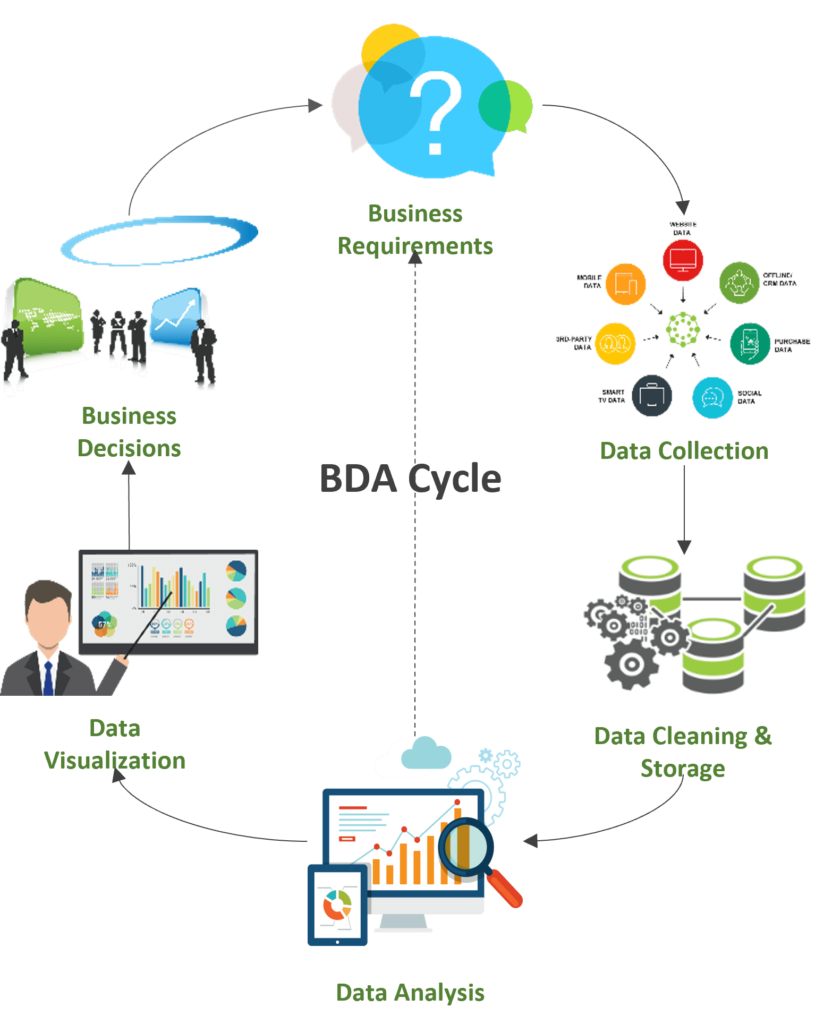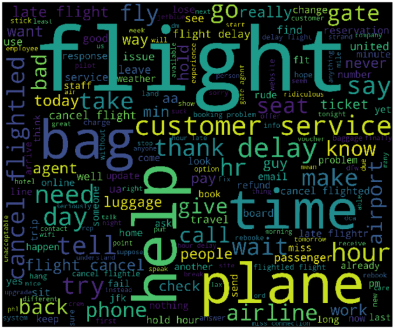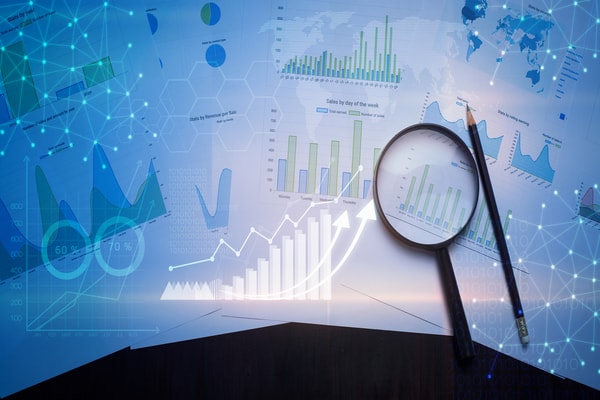This article is going to describe the concepts of data analytics to answer the question – What is Data Analytics? You can read more articles by clicking on the Data Science/Analytics.
What is Data Analytics?
When we access different websites, shop online, send Whatsapp messages and emails, access social media, attend meetings and so much more from our laptops and mobiles, we are generating data in exabytes ( bytes)! As one part of the globe sleeps, the other part starts their day and it so truly proves that data never sleeps. With tremendous data being generated every second, it is not difficult to imagine the potential of the many vital insights that may be hiding in the data like gems hidden in a mine. But just collecting enormous amounts of raw data won’t help. We need some techniques to analyze and build models to interpret trends, study historical patterns as well as make predictions using this data.
Data analytics can be aptly defined as the science of collecting and cleaning data and then using technology, statistics and business to find insights or patterns from that data.
Useful Links – PowerBI certification program | Data Analytics Certification | Domain Certification Courses
The data analytics process can be broken down into six steps as given below (Find more details here):

- Business requirements: In data analytics, businesses first determine what needs to be analyzed and what outcomes are expected from the analysis. For example, if a retail company wants to choose a region to launch a new product, they might analyze customer segments, order trends for related products, and regional specifics. What is Data Analytics involves examining data to extract meaningful insights that inform such decisions, guiding companies toward effective, data-driven strategies.
- Data collection: Looking at the requirements, the sources of data collection and the frequency of collecting data can be decided. The company can collect data related to orders, customers and sales.
- Data cleaning and storage: The collected data may not be directly useful and can lead to incorrect analysis. Hence, it needs to be cleaned, made free of erroneous records and then stored. Cleaning involves handling null values, outliers, duplicate values, synchronizing data to correct formats and much more. Data can be stored in a data warehouse or any other system suitable to the business.
- Data analysis: Once data is clean, data analysis models can identify trends or predict values, often through machine learning. This process is essential to understanding What is Data Analytics, as it enables businesses to derive insights and make predictions based on current data. For instance, in the retail company example, a machine learning model could predict potential sales if the product were launched in various regions, helping to guide strategic decisions.
- Data visualization: After the analysis, the data patterns can be displayed graphically to see how the sales would vary if the number of customers or region or other factors change.
- Business decisions: Using the inferred insights from analysis and visualization, business can take decisions. The retail company can choose the region they want to launch their product in.
Let us look at some more examples of how data analytics can help business as well as society.
Uses and examples of Data Analytics

Using data analytics, we can examine data, build models from historical data, and make predictions, all of which help businesses make informed decisions. What is Data Analytics encompasses these capabilities, offering various advantages, such as:
Decision making: Data analytics techniques can provide vital insights about the pros and cons of business decisions. Continuing with the above example, the company can use data analytics to predict consumer behavior, look at the sales and current market to price their product. They can analyze the market to look at consumer buying trends to decide on an opportune time to launch the product. This will not only ensure great sales and profit but also help them develop their business in the future.
Improve customer service: Consumers write reviews about their airline travel experience, food, travel company experience, and so much more. These reviews contain vital information which can be used to satisfy consumers and in turn help businesses grow! Check out the word clouds created from tweet feedback.
Relevant marketing: By studying consumer activities and shopping histories through data trends, companies can target customers more effectively, deciding on optimal timing and coupon strategies to drive business growth. What is Data Analytics in this context involves using historical purchase data, along with factors like age, gender, and survey feedback, to personalize marketing efforts. This data-driven approach enables businesses to enhance customer engagement and increase the impact of promotional strategies.
Increasing profits: When you know your consumers, you can create appropriate advertisements, target correct consumers, launch sale/coupons and new products at the correct time and in general prepare a solid sales strategy and use funds appropriately.
Social good: Data analytics is not only used to increase revenues and plan business better, but it is being used in many projects for the welfare of the society. It is being used to map homeless people to the nearest shelter homes, predict long term unemployment and provide help, improve traffic safety through video analysis, predict students that will struggle academically by third grade, develop early warning system for water infrastructure problems, find the causes of death and so many more.
To summarize, I would say that data analytics is not only helping business serve their consumers better, make informed decisions, and ensure good financial growth but also to help people live a happy and healthy life!
You can learn more about Business Analysis and Analytics at our Blog.
About Techcanvass
Techcanvass offers Business Analysis and Analytics certification courses for professionals. We are an IIBA endorsed education provider (EEP) and iSQI Germany Authorized Training Partner.
Know more about our PowerBI certification program, Data Analytics Certification
We also offer IIBA Certification courses and Domain Certification Courses in Banking, Payments, Trade Finance, Insurance and US Healthcare.



